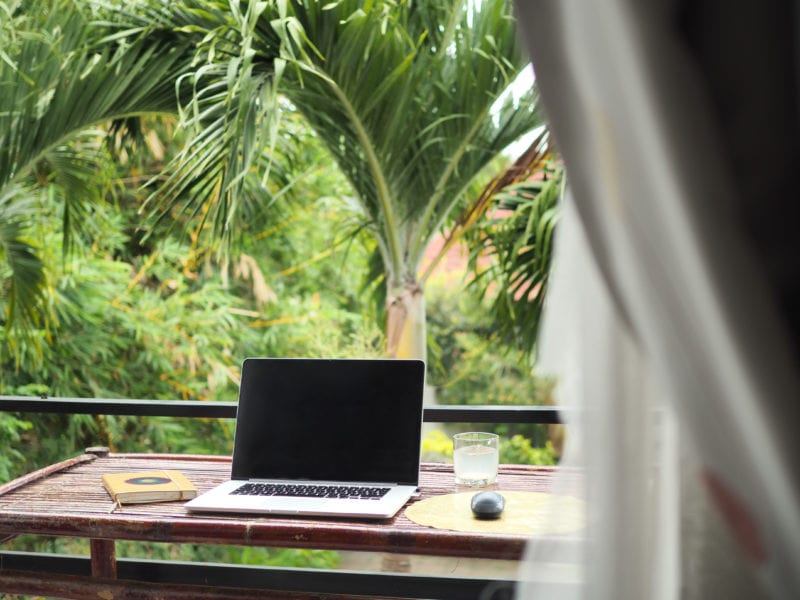Some posts on this site contain affiliate links. If you book or buy something through these links, I earn a small commission (at no extra cost to you). Take a look at my privacy policy for more information.

The hidden risks of public Wi-Fi
Travelling brings new experiences, but it also exposes us to new digital risks. Whether you are working remotely or simply checking your messages, connecting to public Wi-Fi can open the door to hackers. These networks, found in airports, hotels or cafés, are often unencrypted, meaning your personal data can be intercepted without your knowledge. Many travellers still log in to bank accounts or business emails from shared connections, unaware of how easy it is for attackers to capture passwords. The NCSC’s guide on connecting securely highlights that simple precautions can prevent most of these problems.
Everyday habits for safer connections
Being cautious online doesn’t mean limiting your freedom; it means travelling smarter. If you enjoy working from a cosy coffee shop, make sure the Wi-Fi network is legitimate before joining. Hackers often create fake hotspots with names that resemble those of nearby businesses. When possible, use your mobile data instead of free public networks for sensitive tasks. Turning off automatic connections on your device and avoiding the use of public computers are small adjustments that drastically reduce your exposure to cyber risks. It only takes a few seconds to check a network’s name or activate your VPN before logging in.

The power of strong passwords
Even the safest network can’t protect you if your credentials are weak. Many people still rely on short or predictable combinations that can be guessed in minutes. A secure 12-character password generator is an easy way to create strong, unique logins for every account you use. The best tools combine letters, numbers and symbols to make your passwords resistant to brute-force attacks while storing them safely. Using different passwords for social media, banking and email means that even if one account is compromised, the others remain protected. It’s a simple habit that makes a huge difference when travelling.
A mindset for digital travellers
The more connected our world becomes, the more important it is to take responsibility for how we use technology. Staying aware of local risks, using trusted networks and securing passwords are not burdens; they’re part of modern travel. Protecting your data doesn’t mean cutting yourself off from the world; it means making informed choices that keep you in control. With a few precautions, you can enjoy your adventures without worrying about who might be watching your screen. Technology should support your freedom, not limit it, and when used wisely, it allows you to travel as safely online as you do in the real world.

